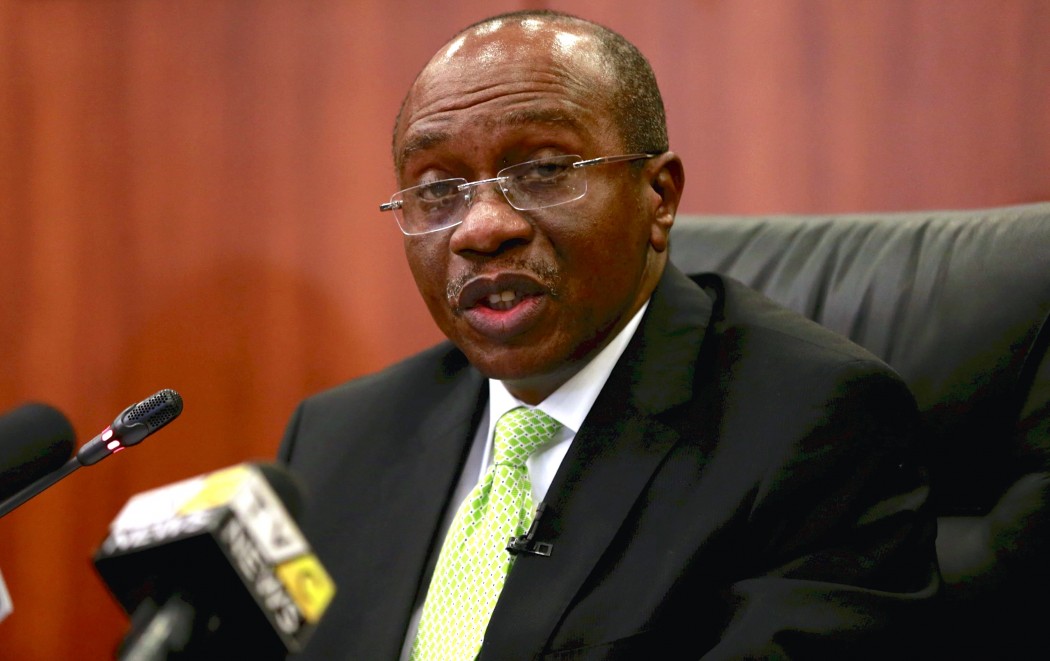Nigeria’s naira extended its fall to a record low of N400/$ on the black market on Thursday as demand for the U.S. currency increased amid a plunge in crude oil prices and foreign exchange restrictions by the Central Bank of Nigeria (CBN), Business Day reports.
“The naira is being killed with it trading at N400/$ in the parallel market. We have wrongly legitimised the parallel market,” said Bola Onadele Koko, CEO of FMDQ OTC exchange in response to BusinessDay’s questions.
“We need to design a new Framework anchored on reduced significance of the parallel market, a single FX market, renewed inflows and CBN’s naira support through futures hedging. We need to move fast before we have bigger macro issues.”
Nigeria’s Central Bank stopped selling foreign exchange to Bureau de Change dealers last month, the latest in a series of controls aimed at supporting the naira at a fixed peg of N197-N199 per dollar on the official interbank market since March last year.
Africa’s biggest oil producer has restricted foreign currency trading at banks, causing a shortage of dollars in an economy that imports most of its manufactured goods, sending the unofficial rate soaring.
Crude sales accounted for about two-thirds of government revenue in 2014 and about 90 percent of the nation’s foreign currency earnings.
“We have lost some lead time from when the elections were won and when the full cabinet of the present administration was put in place,” said Oluwatoyin Sanni, Group CEO of United Capital Plc in response to BusinessDay questions.
“There is no policy response that will not lead to pain for all of us, but the authorities must know that uncertainty is not good for markets,” Sanni said, in Lagos.
Nigeria’s stock index, which has the second-biggest weighting after Kuwait on the MSCI frontier market index, has declined by about 16 percent since January due to investors concerns over the naira’s depreciation and the unwillingness of Africa’s biggest economy to adjust its exchange rate.
“The problem is that the parallel market, a largely retail, cash-based market, with small transaction sizes, and a large number of small sellers of FX, remains unsuited to meet wholesale FX demand in Africa’s largest economy,” Razia Khan, Standard Chartered Plc’s chief Africa economist, said in a Feb. 8 report.
The CBN foreign exchange reserves have dropped 33 percent to $27.8 billion between January 2014 and 2016 as official monthly inflows fell to less than a billion dollars last month.
The price of Brent crude, a global benchmark, has fallen from more than $100 a barrel in mid-2014 to a 13-year low of less than $30 a barrel last month.
Analysts say the CBN needs to return the 41 items banned from accessing dollars at the interbank FX markets, remove the peg so that the interbank FX market can determine the rate, raise interest rates to attract foreign portfolio investments and allow markets to operate fairly for credible price formation.
The Nigerian Government should not be emulating FX policies from dysfunctional countries such as Venezuela and Argentina (before the present Government of Mauricio Macri.), say analysts.
“Venezuela has three exchange rates that apply to different import categories, but the parallel market rate is 150 times higher than the tier-one FX rate. Needless to say that the Venezuelan economy has been dysfunctional – and even before the oil price collapsed,” Samir Gadio Head of Africa Strategy and FICC Research, at Standard Chartered Bank in response to questions.
The Central Bank of Nigeria needs to sell FX to banks in a transparent manner; analysts say and reduce the possibility of arbitrage.
“CBN discontinued the daily interbank Forex sales; also stopped the sale of dollars to the BDCs. To heighten the mixed signals, allowed citizens to deposit dollar cash into banks again. Most customers ignored the guideline, seeing it as a trap. Yields on the Nigerian bank Eurobonds have increased into Junk territory –evidence of an erosion of confidence as investors are fearing possible defaults,” said Bismarck Rewane, MD/CEO, Financial Derivatives Company Limited.
Nigeria’s FX trading turnover was about $300-$500million a day when the foreign exchange trading position was 1 percent of shareholders’ funds.
When the FX net open position of Nigerian banks was at 20 percent of shareholders’ funds in 2008, daily FX turnover in Nigeria was close to $1bn.
Today about $10 million is sold daily in the official market, aside from the Central Bank sales.
By comparison, South Africa’s spot FX market trades between $2bn and $4bn a day.
“The CBN can use the naira to support the naira,” said Onadele of FMDQ.
“They should offer FX futures that settle in naira in the interbank OTC market.”







